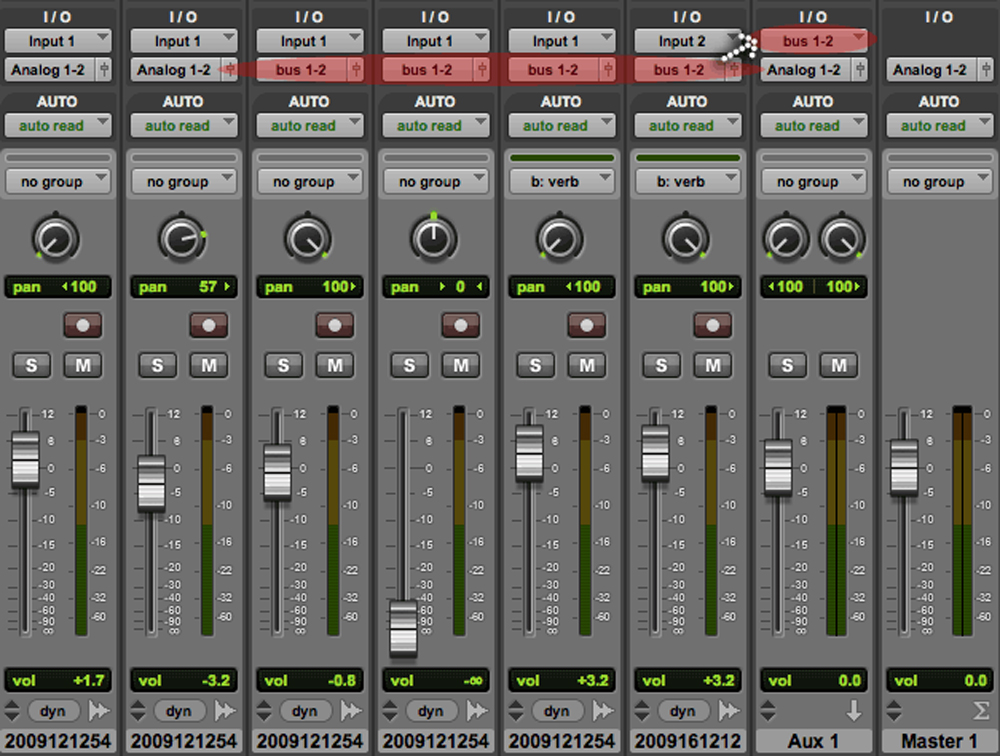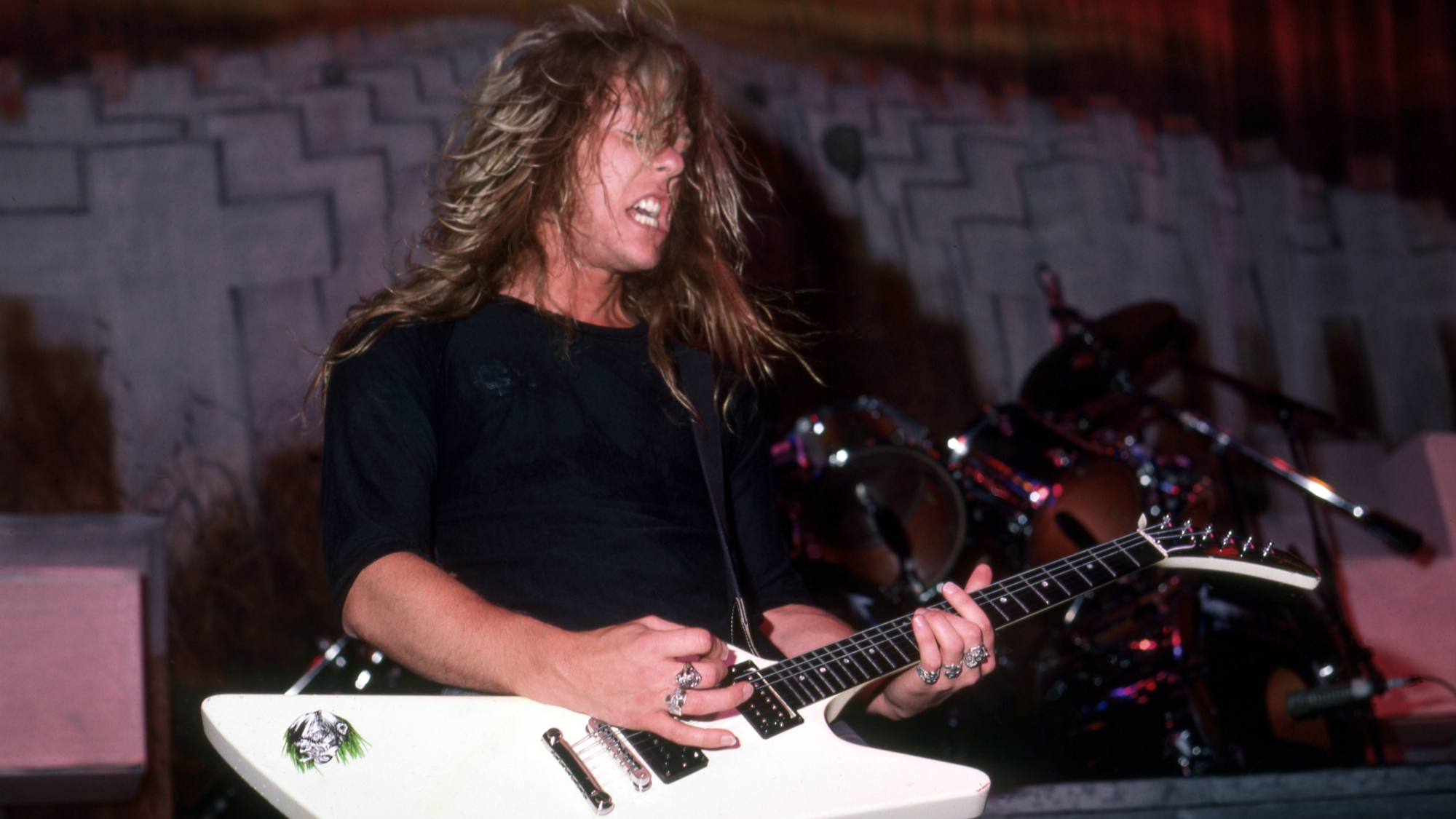15 Ways to Improve Your Mixes
These 15 tips can exponentially improve your mixes.

Hello!
Since this is a "session" blog, I thought we'd better review a few mixing basics. We all do a certain amount of home recording, and this crucial step might just save your sound!
By following some basic steps used by most professional mixdown engineers, your mixes will be improved exponentially. I guarantee it!
Here we go!
01. Use References. Listen to tried-and true-mixes, possibly similar to what you are mixing. It will get your ears used to the monitors and your head in the right place. Without references, you might be lost before you begin. Unless you do tons of mixing in your own professional studio.
02. Volume. Obvious, right? But use volume changes to enhance dynamics. A de-esser is a frequency-based volume control. Use one to tame sibilance. And remember, silence is also part of volume. Use it. Mutes. Automation. Try some old-school tricks like matching bass volume to the vocals. And begin watching the output level! It needs to be constantly watched.
03. Panning. Be realistic first, abstract later. Use panning to increase definition, width and depth. Ask yourself if the drums really need to be in stereo. Or is mono a better choice for verses and stereo for choruses? Should guitars be hard right and left? Maybe 3/4 of the way is right and wider on choruses.
04. Midrange. It's all about the midrange. This is where most music lives. Learn it. Embrace it. Learn to control it with volume and panning. Do not let it clutter up the middle. But do not be afraid of it.
05. Lower midrange. This is the biggest area where we find muddiness and cluttered, ill-defined mixes. Learn to cut it, not boost it.
06. EQ: As far as EQ, cut before you boost. Listen before you do anything. Once understood, be fearless when need be. But mostly be cautious. Use EQ also to carve out frequencies to make room for vocals and such. Learn about shelving and bell curves. Learn what we mean by "Q."
07. Build a mix in a way you are comfortable. Some start with drums. Others, vocals. All ways are valid.
08. Set up a dry mix first before adding effects. You'll be surprised how much better your mixes will be when concentrating on the steak instead of the sizzle. If you can make a mix sound great dry, enhancing with small amounts of special effects will only help.
09. Learn to setup a mix fast using instincts and save it. Over-thinking a mix will often result in a lifeless mix. I have often toiled for hours on a mix only to realize it is crap. Started over and worked fast. Way better. Not always, but this can be a great starting point. Trust yourself.
10. Dynamics. Compression. Limiting. They can and should be used to correct problems, shape the overall sound, tame a less-than-controlled drummer and bassist. Keep the rhythm section solid. It can also be used to keep a vocal present. (Not to mention pump up a less-than-powerful sound.)
11. Spatial Effects. Delays. Reverbs. Use only as much as is needed. Use only where needed. Use delay before the reverb to separate the reverb from the source. Less mud. More clarity/definition.
12. Modulation effects. Flange, phase, etc. Use as ear candy. Enhance sections. Can be used on entire mixes for wild sounds. Most often used on individual instruments in small doses to add interest.
13. Output level. The 2 bus. Left and Right Overall Levels. Be careful here. Too loud and you will add distortion. Too low and noise might become present. I am safe at this point and I check my output level often. I do use a limiter to grab peaks only, just to be safe. I also use an EQ here and Compressor. Both of these are not always used. However, i find a bit of each used gently seem to coagulate a mix. Glue the mix together a bit. But, I always mix without EQ and compression too. Mastering will more than likely add these anyway. (And watch the volume. Mixing too loud will only hurt your ears, fatigue you and create mixes that only sound good loud. Low to moderate listening volumes go a long way to revealing a true mix.)
14. Mixes. I always do alternate mixes. Especially if I am fatigued and questions arise. I always listen back the next day with a fresh perspective. Mixes with vox up or down, bass up or down, drums up or down etc. Having these done already helps me immediately compare them and usually aids in my remixing again using these changes. And how about Mono? I RARELY use this once common practice. I still use it to check for phasing problems.
15. Break the rules. You have to know the rules in order to truly break them! Start with the previously mentioned mixing considerations, then do what you feel sounds correct! Exploration and experimentation have no pathway nor any real expected payoff. You have to get through it to realize the fruits of your labor! That new sound could be sitting in the area between your mind and your laptop. Find YOUR sound.
Till next time ...
Ron Zabrocki is a session guitarist from New York, now living in Connecticut. Says Ron: "I started playing at age 6, sight reading right off the bat. That’s how I was taught, so I just thought everyone started that way. I could sight read anything within a few years, and that helped me become a session guy later in life. I took lessons from anyone I could find and had some wonderful instructors, including John Scofield, Joe Pass and Alan DeMausse. I’ve played several jingle sessions (and have written a few along the way). I’ve “ghosted” for a few people who shall remain nameless, but they get the credit and I get the money! I’ve played sessions in every style, from pop to jazz.
Get The Pick Newsletter
All the latest guitar news, interviews, lessons, reviews, deals and more, direct to your inbox!
"Upgrading from your entry-level acoustic opens the door to an entirely new world of tonewoods, body shapes, and brands": 6 signs it's time to upgrade from your first acoustic guitar
"I'm past my prime": 5 common excuses for not learning the guitar – and 5 body and mind-boosting reasons you should







![Joe Bonamassa [left] wears a deep blue suit and polka-dotted shirt and plays his green refin Strat; the late Irish blues legend Rory Gallagher [right] screams and inflicts some punishment on his heavily worn number one Stratocaster.](https://cdn.mos.cms.futurecdn.net/cw28h7UBcTVfTLs7p7eiLe.jpg)


